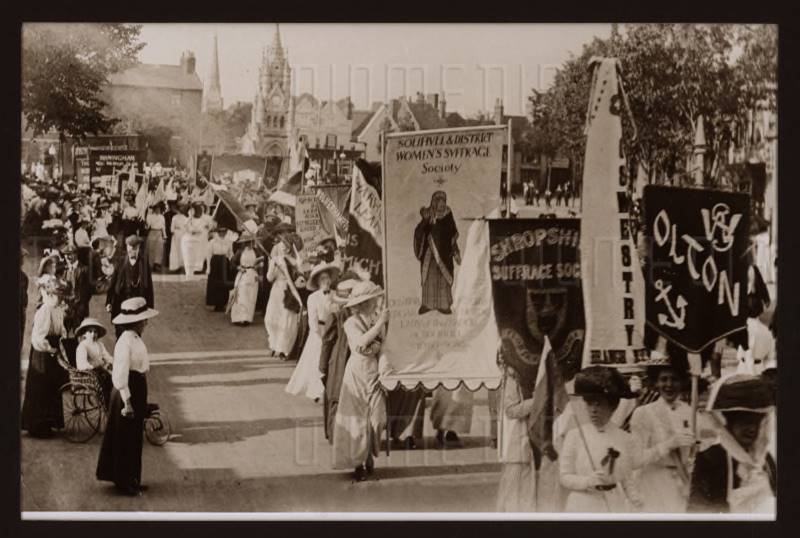Communities of Practice and the world of Academia

I have worked in and out of academia over the last thirty years including five years working for what used to be called Gwent Tertiary College, a large vocational education college in south east Wales and another five years working at the University of Bremen in Germany. Communication between departments in large academic colleges is notoriously problematic. I once went to a meeting in Brussels and ended up talking with a researcher working in a very similar area to me. I could actually see his office from the window of mine. But he was in a different institute and our paths had never crossed in Bremen.
Talking about Communities of Practice in an article entitled “Negotiating place, technology and identity – a postmodern narrative of places to meet in a community of practice” Patricia Arnold, John D. Smith and Beverly Trayner say “The distinguishing characteristic of a community of practice is that it is the location for an “economy of meaning” (Wenger 1998, 209) where the meaning of shared practice is negotiated among participants. Fundamental to this perspective is an understanding that communities of practice are a dynamic interaction of participation (action and connection between people that combines doing, talking, thinking, feeling, and belonging) and of reification (where a certain understanding of something is given form).”
It is possible to argue that such communities are based on practice based disciplines (and I am also aware there is a debate over the meaning of research as a practice). Yet it is possible to argue that negotiated “economies of meaning” most often happen in a cross disciplinary dialogue. Here universities seem to struggle.
At present I have an appointment as an Associate Fellow at the University of Warwick. The ‘internal comms’ department of the university send out a weekly staff newsletter by email. The well written newsletter contains section with short links on new, Get Involved, What’s on and Features. I usually flick through it but it is of limited value to non campus based staff.
This week’s newsletter however had a feature entitled Five things about women and the vote. “On the 100th anniversary of it becoming legal for some women to vote in national elections for the first time, Dr Sarah Richardson shares five things you may not know about women and the vote.” It is a great example of communicating about research to a wider audience. And it left me wanting to find out more.
Warwick Campus has many well designed ‘places’ for informal meetings and exchange. But the online ‘spaces’ are informational, rather than provoking the discourses needed to develop an economy of meaning. I think academic places need to explore how they can link to online participation and exchange through spaces. It will take time – a small first step would be to stream Dr. Richardson’s forthcoming talks on Warwickshire Women and the Fight for the Vote.

http://www.mujeresenred.net/spip.php?article771
I have appreciated a lot your post and comments on CoPs & the world of Academia, interesting enough the article “Negociating place…” not far to my mind from our conversation about Apprenticeship and contradictions in Spain, it of course merit specific attention, so as to better grasp in practice the meanings of CoPs, explicit and implicits. Something could be said about “a postmodern narrative of places to meet in a community of places”., in line with your remarks.
Concerning women and the vote, with the wellcome photograph, I am sending the web of Mujeres in Red with a collection of photographs conmemorating the approval of women suffrage in the years of the Second Republic…